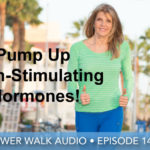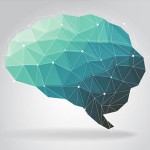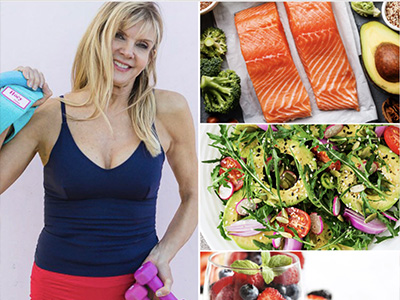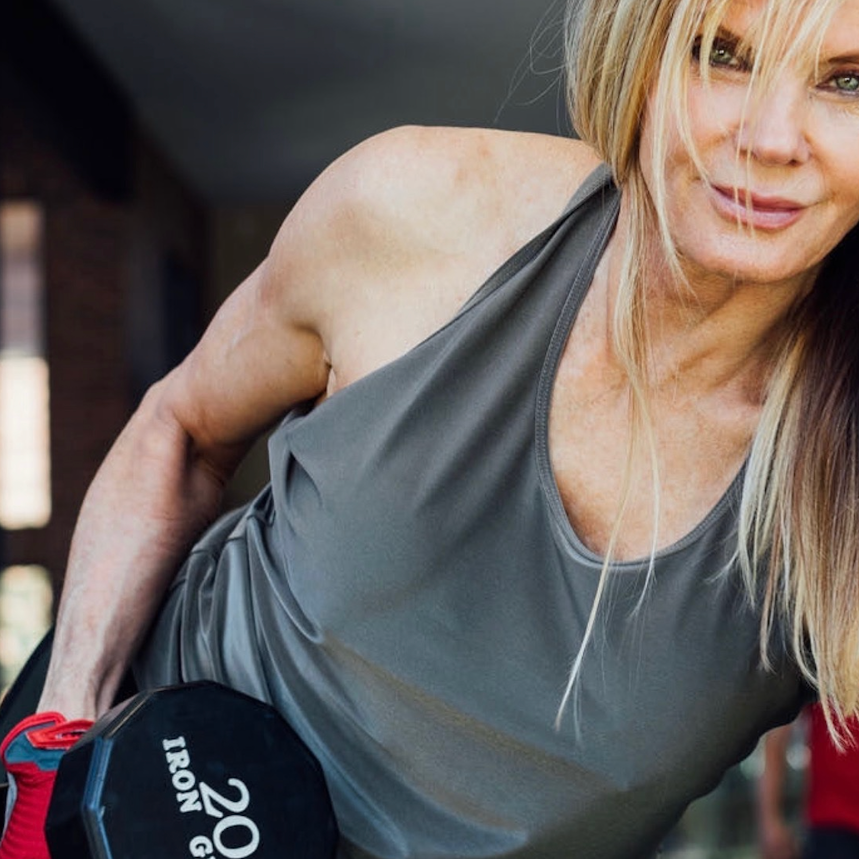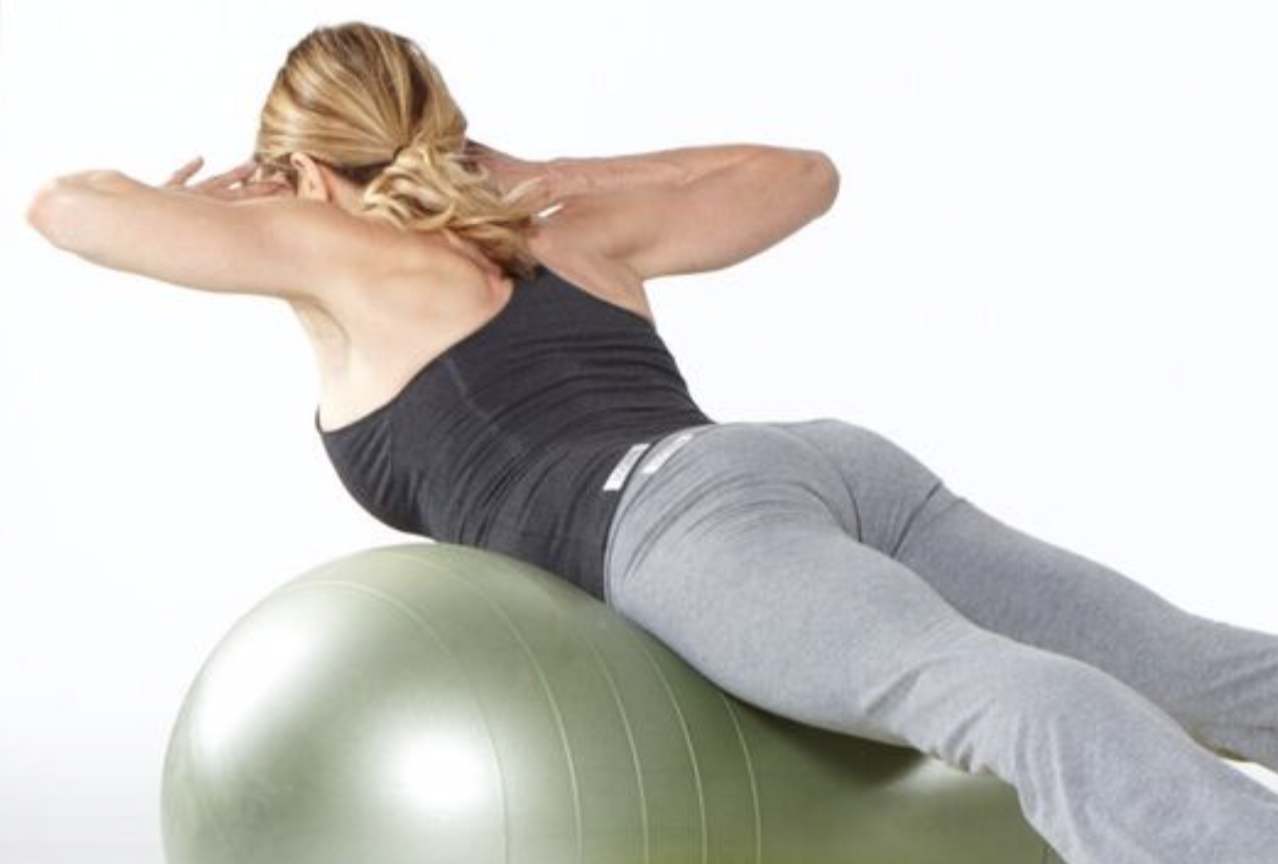Episode 24 | Dr. Tami Meraglia, M.D. | Power Of Testosterone
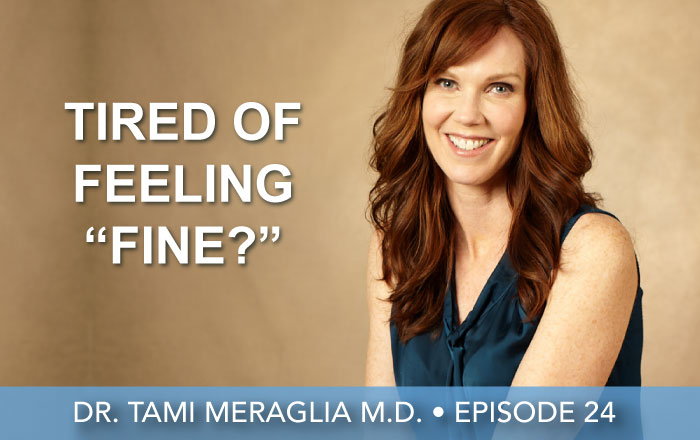
CLICK PLAY!
Why you should listen
Thirty years ago when I wrote my first strength training book, one of the chapters was about testosterone. At the time, women were concerned about this hormone, because they thought it would make them bulk up and look too masculine. The most common complaint I heard about strength training was, “I don’t want to look like Arnold Schwarzenegger!” My response was, “Beyond the 8 hours a day you’d have to spend in the gym, women don’t have enough testosterone to make those strength gains!”
Fast forward, and now the discussion focuses much more on the benefits from this hormone that go far beyond increased muscles and strength.
Today’s podcast guest, Dr. Tami Meraglia, is opening the dialogue on this misunderstood hormone, testosterone! In her best-selling book, The Hormone Secret, she gives you a 30-day plan to help balance hormones and renew your vitality.
FAMILIAR WITH PODCASTS? LISTEN ON iTUNES!
Follow Along With The Highlights
Dr. Meraglia, I’ve been a fan of your work for so many years. You’ve always been involved with education and research on women’s issues. You’ve really shined a light on the role of testosterone in our body, so we should just start with the basics: Why is testosterone so great?
You couldn’t pick a single hormone that has a bigger bang for the buck.Testosterone is something that women need a small amount of but it has an outsized role in how we look, how we feel, and how we function. It affects our hair, our bones, our brain, our fat-to-muscle ratio, our heart, our cholesterol, our energy level, and our mood.
When I was doing my residency, I kept having these patients come in and say, “You know, I am just not feeling myself. I’m tired. I’m a little bit grouchy. I’m not having any fun with my kids. I’m just getting through the day but I’m not myself.” And I’d run the usual tests and they would all come back fine and these women would say, “But I don’t feel fine.”
The usual tests that I ran never had a comprehensive hormone evaluation. So I went back to school, did a fellowship, and became board-certified in naturopathic medicine. That really helped me to realize that the full symphony of hormones are needed in order for us to feel like ourselves. I had patients who would say, “I just feel like I’m a black-and-white version of myself. I want the Technicolor version back.” These were female patients usually in their late 40s and in their 50s. Their doctors’ would prescribe a sleeping pill or an antidepressant, but those don’t help because they don’t address the fact that these women’s hormones were out of balance.
I love that your book starts by exploring what we can do through lifestyle, nutrition, exercise, and sleep to help boost testosterone and balance hormone levels naturally. What can we do right now to help naturally increase our hormone levels?
It starts by understanding where your testosterone is being produced. In our younger years, it’s exclusively out of the ovaries, but as we get older (around 35), testosterone production starts to happen more and more out of our adrenal glands. Our adrenal glands are little walnut-sized glands that sit one on top of each kidney and they have to deal with all the stresses you. They produce cortisol, adrenaline, and a whole bunch of hormones that deal with stress. After the age of 35, they also have to pick up the slack and start producing estrogen, progesterone, DHEA, and testosterone. These little guys do not have the time, energy, or raw ingredients to deal with what stresses you and what blesses you.
So, it’s basically triage. Your adrenal glands can’t distinguish between the everyday stresses of life – 444 emails, the traffic jams, the meetings – and a true emergency like you’re about to be eaten by a bear. And so all of the raw hormone ingredients get shifted to cortisol, cortisone, and adrenaline and so you’re left deficient in the protection of the hormones that will bless your life – like testosterone, progesterone, and estrogen. The good news is that when you focus specifically on nutritional, supplemental, and lifestyle things that have been proven in studies, you can reboot the production of those hormones out of your adrenals.
Let’s start with nutrition. What and how should we be eating to help balance our hormone levels?
That is so true: It’s not just what you eat, it’s what you don’t eat when it comes to testosterone. It’s also about when you eat.
So, let’s start with what not to eat. We all know that sugar isn’t good for us for a variety of reasons, but another strike against it is that our testosterone levels drop 20%-30% within two hours of eating sugar.
In terms of what to eat, getting some protein in the first 30 minutes of your day is very important. My Italian husband insists on drinking coffee everyday, so I had a tasteless protein that goes in your coffee called Boost. The other time of day that’s super important is between 2:30 PM and 4:00 PM – our bodies naturally have a dip in energy. That dip can really be a dive if we have any kind of adrenal dysfunction, fatigue, or exhaustion. By eating a snack that has low glycemic, natural sugars (like vegetables), good fat, and protein. One of my favorite snacks is cut up vegetables and homemade hummus. You can actually protect your body from having that dive and make sure that your adrenals don’t get taxed. This means that they can continue to produce the hormones you want. So, remember: when you eat is just as important as what you eat.
Obviously, you’re an expert on keeping our hormones balanced, but do you remember your own personal “A-ha!” moment when you figured this all out for yourself?
Well, as often is the case, you either have a family member, yourself, or something in medicine that that causes you to be hyperfocused on one thing. When I was doing residency, had one child under two years-old, working 80 to 100 hours a week, and was pregnant with another child, I was exhausted! But, that made sense to me – I was doing a lot. Then, after the pregnancy, and after my kids started to sleep through the night, and after my residency ended – I was still exhausted. And I made lots of excuses, “Of course I’m tired, I have toddlers!” or “Of course I’m tired, I work full time!” But, as I talked to other women, I realized that they weren’t as tired as I was.
I also felt like I had less patience than I used to – the shirt on the floor made me unreasonably irritated. I took a hormone test and, sure enough, progesterone was almost undetectable – and that’s the “peaceful hormone”. So, I saw that and was in a hurry and just replaced it with bioidentical progesterone – but I didn’t feel any better. Also, while I was the same weight that i had been pre-pregnancy, I wasn’t as toned as I used to be and my clothes fit differently. So, I decided to just check all of my hormones and my free testosterone was undetectable.
I didn’t want to take testosterone because, like a lot of women, I didn’t understand how it worked. I started looking into all the research and there was a lot of research about specific supplements, nutrition, and things that I could do in my life to boost my own body’s production of testosterone. So, I gave that stuff a try and within three to six months my blood tests showed that my testosterone levels were actually at a robust level and I felt my energy come back. That was the first and the biggest thing I felt like I had regained. Then, I started recognizing that there was some muscle there. Even though people associate libido with testosterone, energy is the biggest thing that women experience when they get their testosterone back. Libido is actually lower on the scale that really thinks testosterone is all about libido. It’s much more important for me. Testosterone for women is about energy, but frankly, who wants to have sex when you’re tired.
What kind of supplements were you taking to help increase your testosterone levels?
The exact protocol is in my book but it’s actually quite a complicated combination of things and that’s why I created a supplement packet with everything that you need called Testosterone Boost – but, again, everything’s listed in my book if you want to go farm it out on your own. But it contains B vitamins, vitamin D, omega-3 fatty acid, tribulus, chasteberry, maca, and ashwagandha. All of these things were working together. I used to dance professionally in a ballet company before I went to medical school and, despite going to school, I still had this little philosophy in my head that I shouldn’t eat a lot of fat. Well, you cannot produce testosterone without good fat in your diet. So that was a big change that I had to make in my nutrition – I started to eat things like avocado.
When I’m traveling, and I don’t know when my next meal will be, a lot of times I just have an avocado that I have with me. I slice it open and I have these seed crackers that I carry with me and it just keeps me satisfied. With carbs, you can eat some and then 30 minutes later you’re craving some more. That good fat makes me feel like I don’t have to overeat.
Switching gears a little bit… I want to topic about my favorite topic: exercise. What are you recommending for people who are looking to boost their testosterone levels?
Previously, people thought that in order to boost your testosterone you needed to exercise to the point of basically wanting to throw up – just really intense, hard exercise. And so a lot of women said, “That’s not for me.” But, the research shows that even going for a walk can increase testosterone – especially in the brain. How cool is it that your focus and your mood improves because of testosterone increasing in your brain?
Also, it seems that focusing on larger muscle groups can go a long way in increasing testosterone. Doing some simple squats to help build up your legs can go a long way. Also, people think that tai chi and qigong, if done properly, can lower your body weight and then help boost those hormones.
Let’s say that you’ve tried all of the approaches we’ve talked about and you’re still not feeling quite right. When is it appropriate for a person to consider supplementing in less natural ways like supplements?
I think there’s two situations when it’s appropriate.
The first situation is when you’ve tried the natural approach and your adrenals are just too pooped to produce. So, the only safe way is topical testosterone – never take it orally. The dose for women can range anywhere from 0.5 milligrams to, maybe, three milligrams.
The second situation is if you have a condition where we’re using testosterone as a prescription medication instead of something more scary. For example, I have women who have osteoporosis and testosterone is fantastic for building bone. So, let’s use a little bit of topical testosterone instead of Fosamax to help build bone. Depression is another situation where testosterone could be useful. It was used many years ago to treat depression and was quite successful.
It you’re deficient, it’s highly unlikely that you’re going to convince your body to produce too much testosterone just by taking some vitamins. But, side effects of testosterone include a lowered voice and acne. Very few people will get angry, but that can happen. When you stop, it goes away. So, start low and go slow – that’s always my philosophies in adding prescriptions.
Where can people learn more about you?
People can visit www.drtami.com. There’s a lot of great stuff there.


